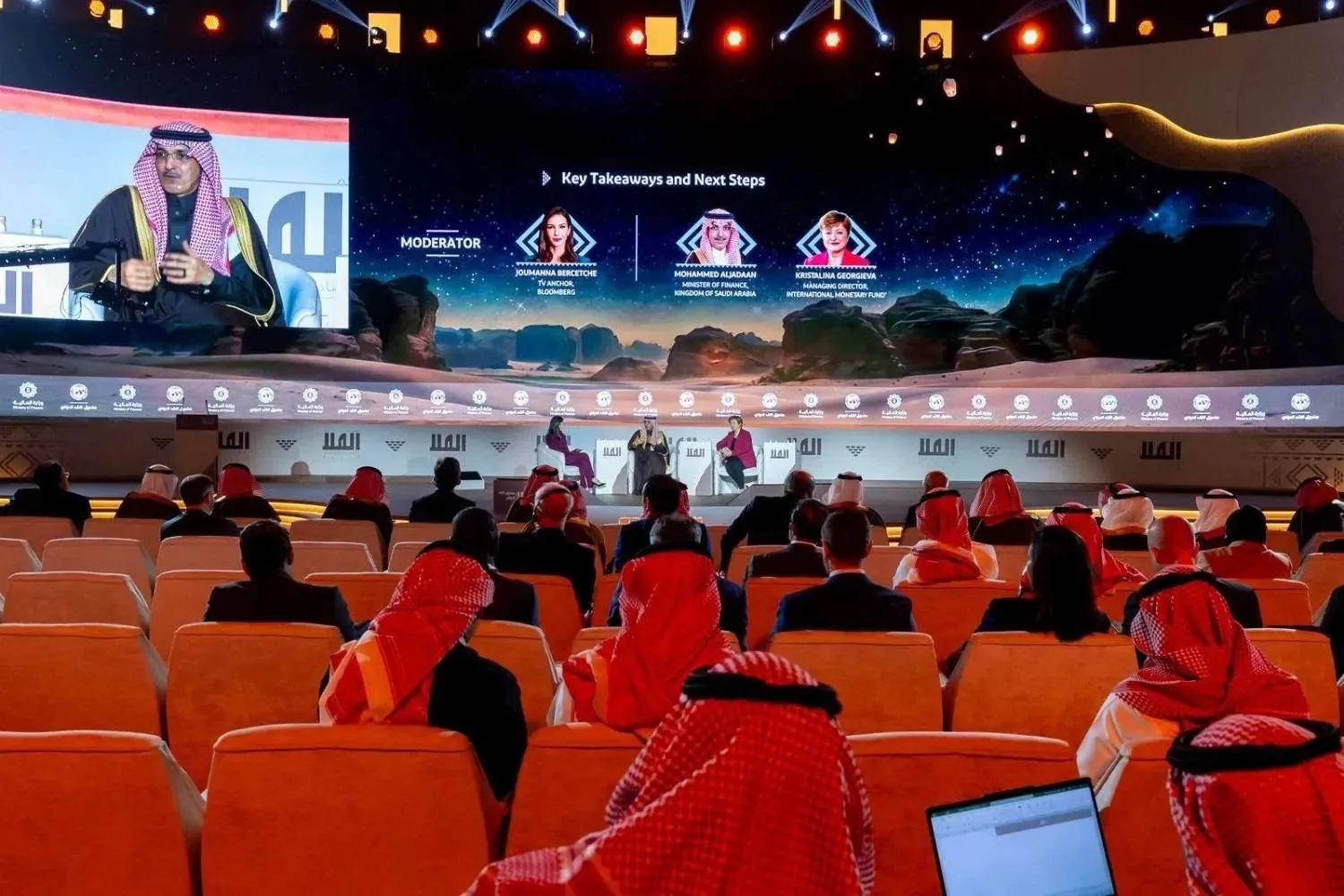Oil prices drifted lower on Thursday after a surprise jump in US gasoline inventories, with investors focusing on the OPEC+ meeting this weekend to discuss oil output policy.
Brent crude futures fell by 14 cents, or 0.2%, to $72.69 per barrel by 0401 GMT, while US West Texas Intermediate crude futures were also down 14 cents, or 0.2%, at $68.58 a barrel.
Trading is expected to be light due to US Thanksgiving holiday kicking off from Thursday.
Oil is likely to hold to its near-term bearish momentum as the risks of supply disruption fade in the Middle East and stemming from the higher-than-expected US gasoline inventories, said Yeap Jun Rong, a market strategist at IG.
US gasoline stocks rose 3.3 million barrels in the week ended on Nov. 22, the US Energy Information Administration (EIA) said on Wednesday, countering expectations for a small draw in fuel stocks ahead of record holiday travel.
Slowing fuel demand growth in top consumers the United States and China has weighed heavily on oil prices this year, although supply curtailments from OPEC+, which groups the Organization of the Petroleum Exporting Countries with Russia and other allies, have limited the losses.
OPEC+ will meet on Sunday. Two sources from the producer group told Reuters on Tuesday that members have been discussing a further delay to a planned oil output hike that was due to start in January.
A further deferment, as expected by many in the market, has mostly been factored into oil prices already, said Suvro Sarkar, energy sector team lead at DBS Bank.
"The only question is whether it's a one-month pushback, or three-month, or even longer. That would give the oil market some direction. On the other hand, we would be worried about a dip in oil prices if the deferments don’t come," he said.
The group, which pumps about half the world's oil, had previously said it would gradually roll back oil production cuts with small increases over many months in 2024 and 2025.
Brent and WTI have lost more than 3% each so far this week, under pressure from Israel's agreement to a ceasefire deal with Lebanon's Hezbollah group. The ceasefire started on Wednesday and helped ease concerns that the conflict could disrupt oil supplies from the top producing Middle East region.
Market participants are uncertain how long the break in the fighting will hold, with the broader geopolitical backdrop for oil remaining murky, analysts at ANZ Bank said.
Oil prices are undervalued due to a market deficit, heads of commodities research at Goldman Sachs and Morgan Stanley warned in recent days, also pointing to a potential risk to Iranian supply from sanctions that might be implemented under US President-elect Donald Trump.
Oil Slips on Buildup in US Gasoline Stocks; Eyes on Weekend OPEC+ Meeting

FILE PHOTO: An oil and gas industry worker walks during operations of a drilling rig at Zhetybay field in the Mangystau region, Kazakhstan, November 13, 2023. REUTERS/Turar Kazangapov/File Photo

Oil Slips on Buildup in US Gasoline Stocks; Eyes on Weekend OPEC+ Meeting

FILE PHOTO: An oil and gas industry worker walks during operations of a drilling rig at Zhetybay field in the Mangystau region, Kazakhstan, November 13, 2023. REUTERS/Turar Kazangapov/File Photo
لم تشترك بعد
انشئ حساباً خاصاً بك لتحصل على أخبار مخصصة لك ولتتمتع بخاصية حفظ المقالات وتتلقى نشراتنا البريدية المتنوعة







